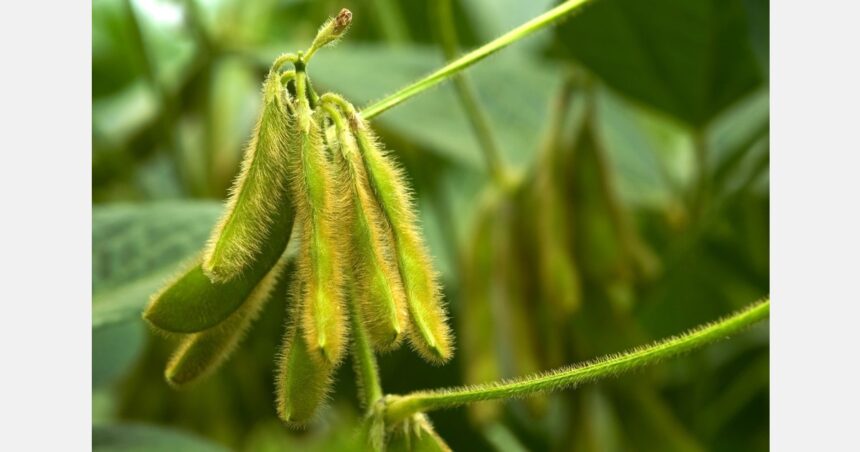An innovative agricultural model utilizing artificial light in plant factories has emerged, presenting a sustainable and efficient approach to crop production. Despite its advancements, the full potential of this system remains largely untapped for various crops. Among the promising candidates is edamame, a legume that has gained global acclaim for its nutritional benefits. However, the market distribution of edamame is frequently restricted to seasonal availability due to challenges in long-term storage and quality maintenance.
Recent research has reported significant progress in the cultivation of edamame using three hydroponic systems: nutrient film technique (NFT), rockwool, and aeroponics (mist culture), all within an LED plant factory environment. The findings demonstrate that the NFT method resulted in the highest fresh seed yield, comparable to or even surpassing traditional field cultivation outputs. This impressive yield can be attributed to improved pod formation and biomass production, facilitated by the controlled conditions typical of plant factories.
While it was noted that the free amino acid content was lower in edamame grown via the NFT method, the sensory and nutritional profiles of these crops showed remarkable improvements. Specifically, NFT-cultivated edamame exhibited significantly higher concentrations of total sugars and isoflavones compared to those grown in conventional fields. These enhanced attributes suggest superior sensory quality and offer additional nutritional benefits to consumers.
The implications of these findings are considerable, indicating that NFT hydroponics could serve as a viable method for consistently high-yield edamame production while enhancing its nutritional properties. This research lays a critical foundation for the expansion of edamame cultivation within controlled environments, supporting the possibility of a year-round supply. Additionally, this advancement points to potential applications in urban and space agriculture, which could further revolutionize how food is produced in various settings.
The study underscores the importance of innovative farming techniques in addressing food production challenges, particularly for crops like edamame that exhibit significant consumer demand but are hindered by seasonal limitations.








